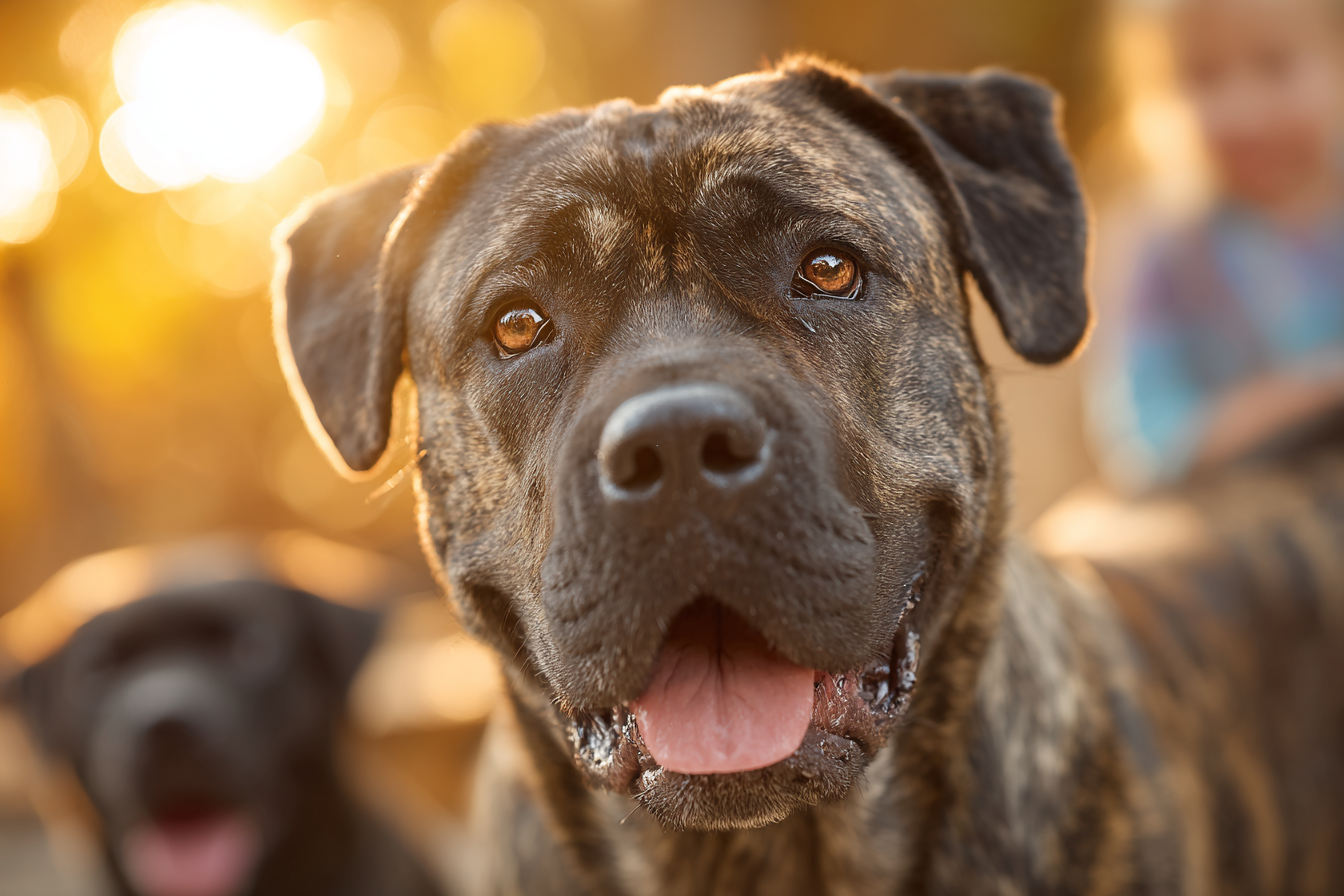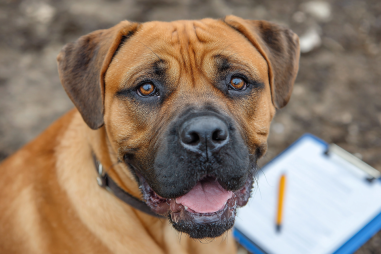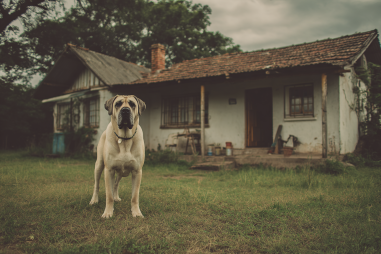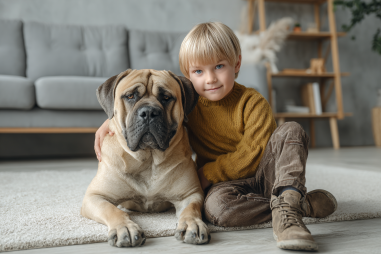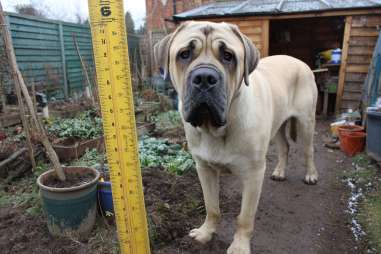Boerboels are a magnificent breed known for their loyalty, strength, and protective nature. However, these traits can sometimes translate to territorial or aggressive behavior if the dog isn’t properly socialized from an early age. Socialization plays a crucial role in shaping a friendly and well-adjusted Boerboel companion. By introducing your dog to different people, animals, and environments in a positive and controlled way, you set the foundation for a calm, confident, and sociable adult Boerboel.
Importance of Early Socialization in Boerboels
Early socialization is particularly vital for Boerboels because of their natural guarding instincts and strong-willed personalities. Puppies who experience new sights, sounds, and interactions during their critical socialization period — typically between 3 and 14 weeks of age — tend to develop better coping skills and are less likely to react out of fear or aggression.
A well-socialized Boerboel grows into a dog who is comfortable around strangers, other animals, and unfamiliar environments. Without this early exposure, they may become overly protective or shy, which can lead to behavior problems that are difficult to correct later in life. Proper socialization helps your Boerboel learn to distinguish between real threats and normal day-to-day situations.
Introducing New People and Animals
Socializing your Boerboel with a variety of people and animals from a young age encourages trust and reduces anxiety. Begin by inviting friends and family members of different ages, appearances, and behaviors to gently interact with your puppy. These encounters should be positive and calm to ensure the puppy feels safe and confident.
When introducing your Boerboel to other dogs or pets, always supervise the interactions closely. Starting with calm, well-socialized dogs can make the experience less overwhelming. Gradually increase the number and variety of animals your Boerboel meets, paying attention to body language for signs of stress or discomfort.
If your dog seems hesitant or wary, take it slow, giving them breaks and rewarding calm behavior. Avoid forcing interactions, as negative experiences can hinder socialization efforts.
Exposure to Different Environments
Boerboels are naturally curious but can become wary of unfamiliar surroundings if not introduced early. Taking your puppy to diverse environments, such as parks, busy streets, pet stores, or calm countryside, will help build their confidence and adaptability.
Expose your Boerboel to different surfaces, sounds, smells, and sights in a controlled manner. For example, allowing them to walk on gravel, grass, or wooden decks encourages positive associations with new textures. Similarly, gradually introducing them to loud noises like traffic or children playing teaches them to remain calm rather than fearful.
Consistent exposure to new environments also prepares your Boerboel for everyday life outside your home and helps prevent anxiety-driven behaviors such as excessive barking or destructive tendencies when they encounter unfamiliar situations.
Handling Fearful or Aggressive Responses
It’s natural for some Boerboels to initially react with caution, fear, or even aggression when facing unfamiliar people, pets, or settings. The key is to recognize these responses early and handle them appropriately to foster trust and reduce anxiety.
If your Boerboel displays fearful behavior like cowering, growling, or retreating, avoid scolding or forcing the interaction, as this can increase their fear. Instead, create distance from the trigger and use soothing tones, treats, or toys to redirect their focus and reward calm behavior.
For aggressive responses such as barking, lunging, or snapping, assess the root cause—whether it’s fear, territoriality, or overstimulation. Consult a professional dog trainer or behaviorist for guidance if aggressive tendencies persist. Early intervention with positive, reward-based training methods can prevent escalation and promote healthy social habits.
Positive Reinforcement Techniques
Positive reinforcement is the cornerstone of successful socialization for Boerboels. Using rewards like treats, praise, and playtime encourages your dog to associate social encounters with good experiences. This method strengthens their confidence without causing stress.
During introductions to new people or settings, reward your Boerboel for calm, curious behavior. For example, when your dog approaches a new person without barking, immediately offer a treat or verbal praise. Repeat this consistently to reinforce that meeting strangers is a positive event.
Similarly, use positive reinforcement when your dog interacts well with other animals or explores novel environments. Keep training sessions short and enjoyable to maintain engagement and avoid overwhelming your dog.
Socialization Milestones
Tracking your Boerboel’s socialization progress can help you build on their experiences and address any challenges as they arise. Here are some general milestones to aim for:
- Puppy Stage (3–14 weeks): Expose your Boerboel to various people, gentle animals, sounds, and environments daily.
- Juvenile Stage (3–6 months): Continue social experiences with more diverse situations, such as dog parks, car rides, and public places.
- Adolescent Stage (6–18 months): Reinforce positive social behaviors and calmly address any emerging fears or dominance displays.
- Adult Stage (18 months and older): Maintain regular socialization and adapt to new experiences to ensure your Boerboel remains friendly and well-mannered.
Remember that socialization is an ongoing process throughout your dog’s life. Consistency, patience, and positive experiences are essential to raising a Boerboel who is a welcoming and loving companion.
With mindful and early socialization, your Boerboel can grow into a confident, affectionate, and friendly family member. Embrace the journey of introducing your dog to the world with kindness and care, ensuring they develop the social skills that make life more enjoyable for both of you.

